
“Fucking made for each other,” Marisa Abela hisses to her co-stars Cate Blanchett and Michael Fassbender during a turning point in Steven Soderbergh’s new film, Black Bag. The spy thriller, which hits theaters in March, chronicles the exploits of a couple (Blanchett and Fassbender) in the espionage business, a field where a loving marriage is infinitely more dangerous than a volatile one. “It’s got that classic, funny, sexy, fast feeling,” Abela says of the film from her home in London. “A film buff would be able to watch the movie and know it’s Soderbergh.”
The 28-year-old actor came to the project after an electrifying third season of Industry, the HBO show about the professional, emotional, and sexual machinations of ruthless and wounded entry-level investment bankers. Abela plays Yasmin, the season’s undisputed star, who is at the center of a thorny mystery swirling with trauma, perversion, and power. She began filming the latest season only one week after wrapping Back to Black, the biopic focused on the early chapter of Amy Winehouse’s career. Released last April, it drew high praise for Abela’s performance as the beloved and troubled singer (even if the film itself had mixed reviews at best).

Both of these pivotal roles share certain qualities. As Yasmin, Abela is a wounded sadist radiating a dangerously alluring beauty; as Winehouse, she’s a generational talent with doom posthumously projected onto everything she made in her short life. In many ways, Abela plays her characters like a dreamy brunette vixen of a different era: soft and sharp, striking and delicate. Her approach splices the qualities of a femme fatale with a 21st-century understanding of emotional intelligence.
Abela found her way to acting almost despite herself. Her mother, Caroline Gruber, is an actor, and although Abela originally planned to study history and become a lawyer, the lure of the stage was too great. She soon transferred to the Royal Academy of Dramatic Art, and the rest is history.
“Sometimes you don’t feel like your choices were particularly conscious ones, until you sit opposite a friend or a therapist or a journalist. Suddenly you start to see things,” Abela says, explaining why she gravitates toward characters who, in her words, really let it “rip.” “All of the women I’ve played so far are desperately seeking control, a desire coming from a feeling of being on uneven ground.”

Abela describes the experience of working with Soderbergh as defined by speed—fitting for a filmmaker long known for his pace and snap. She had a day to review the script before their first meeting. He immediately assured her it wasn’t an audition: The part of Clarissa was hers if she wanted it.
As Clarissa, the newest member of a small circle within a British intelligence agency, we see Abela wear precise but slightly silly nail art while undertaking great risks. She is either a decoy or a target of an investigation to uncover a traitor in the organization—young but playing that to her advantage, fearful but brutal when pushed far enough. It’s immediately obvious why Soderbergh cast her. Clarissa uses a polygraph test as an attempt at seduction; she knows to be embarrassed when her description of Blanchett’s character as a “bad bitch” doesn’t land at a dinner party; she does not want to get in trouble but doesn’t flinch at the possibility of finding it. She is most alive when under threat.
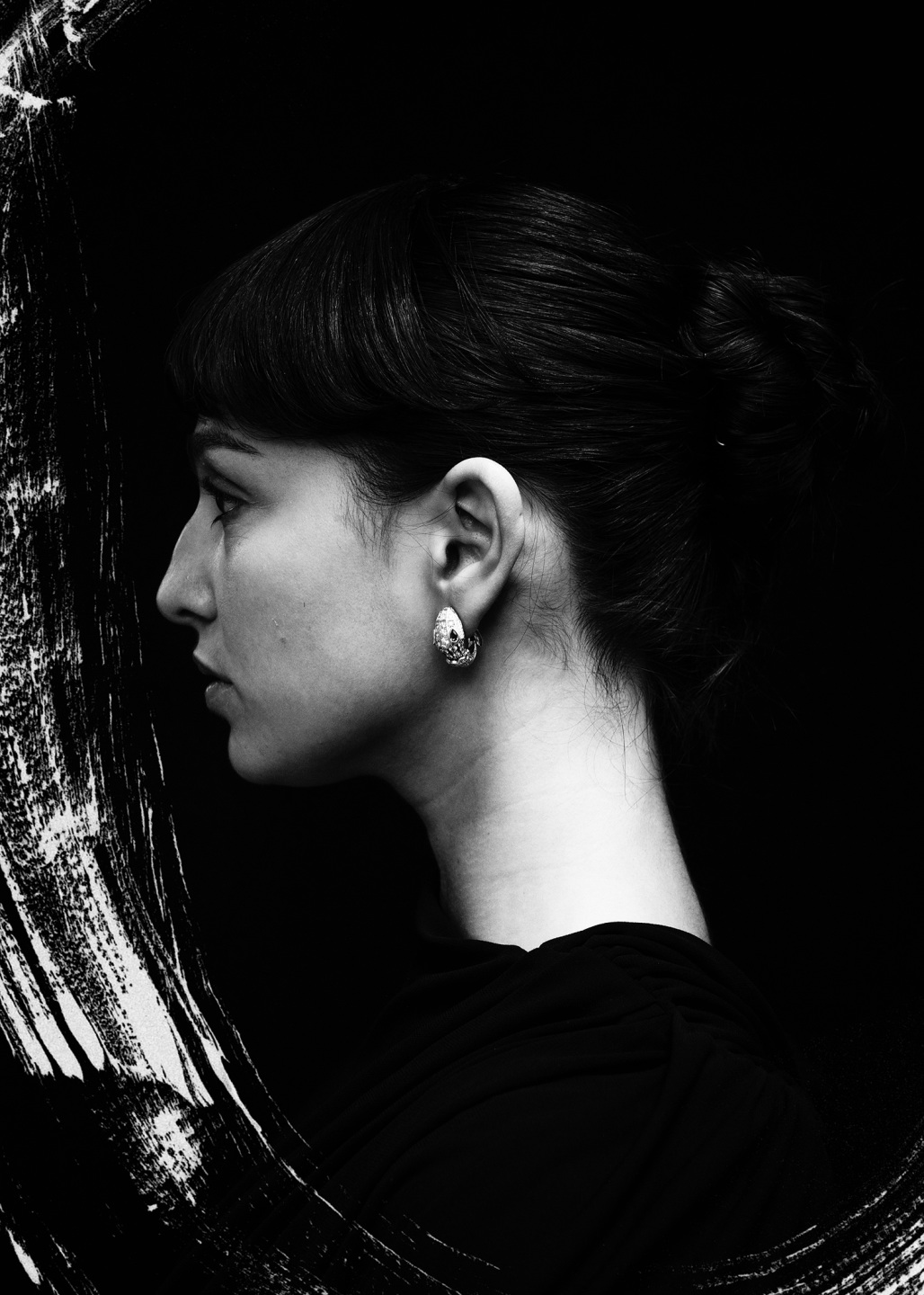
The obvious reading of the film’s title is that every marriage has a “black bag”—spy parlance for an unspoken truth or memory. It is Abela who gets to the film’s heart in a scene where she pleads to know how real intimacy is possible under such trying professional circumstances. But like so many of Soderbergh’s films about wanting a person you can never truly have, the real questions lie a layer deeper: how marriage functions as a form of surveillance, and how observation is pressure itself. It is the look on Abela’s face that the audience will rely on to understand how to react to the events onscreen.
“Dealing with vulnerabilities is something I’m drawn to, and Clarissa is a version of that,” Abela says. “When people lose their balance, that’s the most interesting thing. They are exactly who they are, but the moment we meet them, they’ve been knocked off center.”

It remains to be seen how this interest in walking the line between power and sensitivity will continue to play out in Abela’s already admirable career. In February, she’ll find out if she is one of five nominees to win the BAFTA EE Rising Star Award, an accolade previously bestowed upon the likes of Kristen Stewart, James McAvoy, and Daniel Kaluuya. She is already at work on a new film that she can’t speak about just yet, and in her precious spare time, she’s planning her upcoming wedding—to fellow actor and writer Jamie Boygo—“like a mad person.” (When I asked if she has a Pinterest board, she told me that she in fact has three.)
Personal and professional life, angst and ecstasy, poise and candor—it’s a balance that Abela seems well suited to strike, and one that comes through on and off the screen. “My goal is always to deliver an honest, exciting, un-self-conscious performance,” she concludes. “When laid side by side, I want my work to be varying and unafraid.”
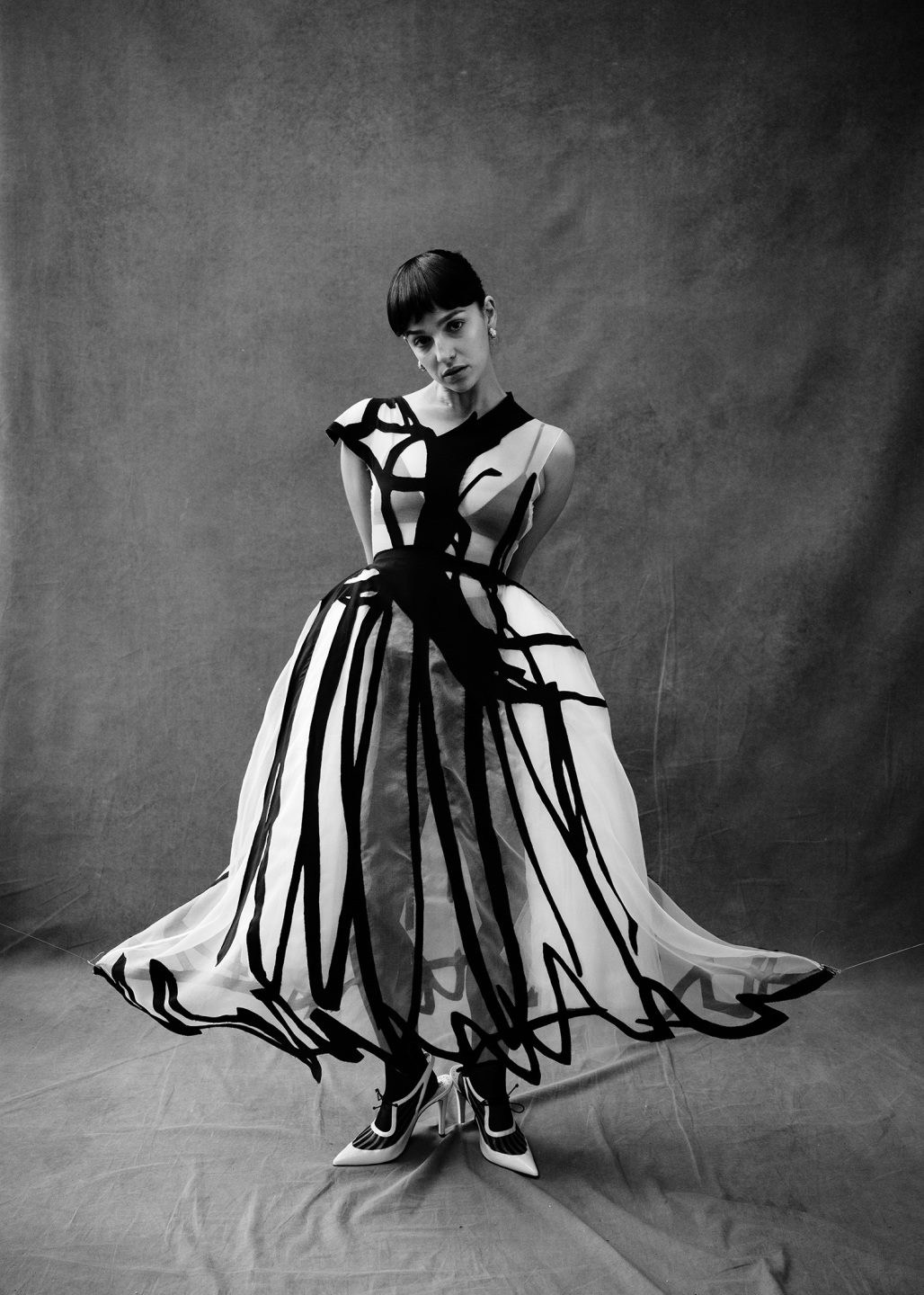
Order a copy of the Art + Film issue with Marisa Abela here.
Casting by Special Projects
Hair by Yoko Setoyama
Makeup by Neil Young
Nails by Michelle Class
Set Design by Josh Stovell
Lighting by Sam Bonard
Production by Racket Studio
Production Running by Flo Webb
Styling Assistance by Chloe Kerins and Sofia Allegue Piriz
Set Assistance by Lily McIlrath and Benthe de Vries

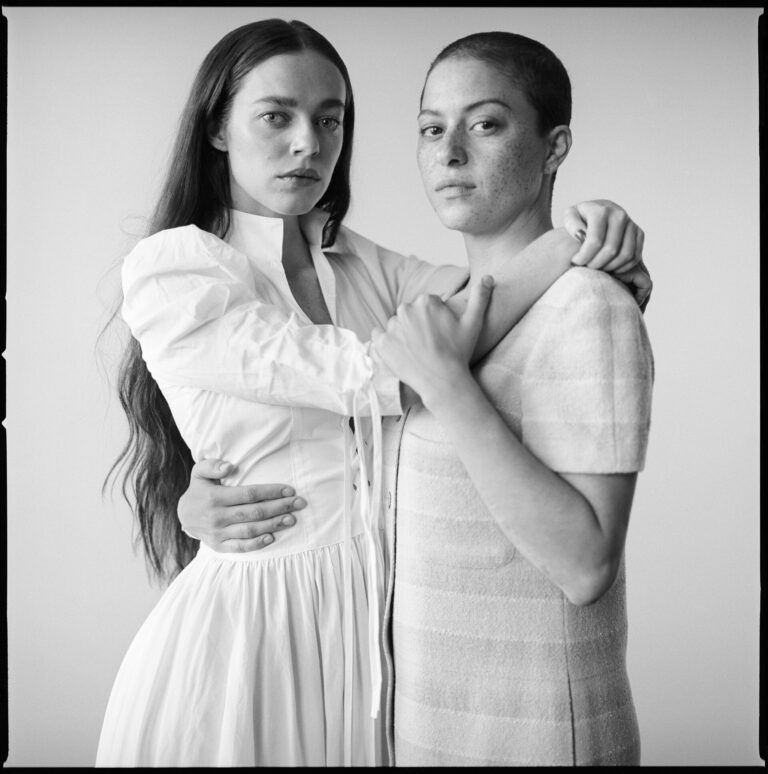
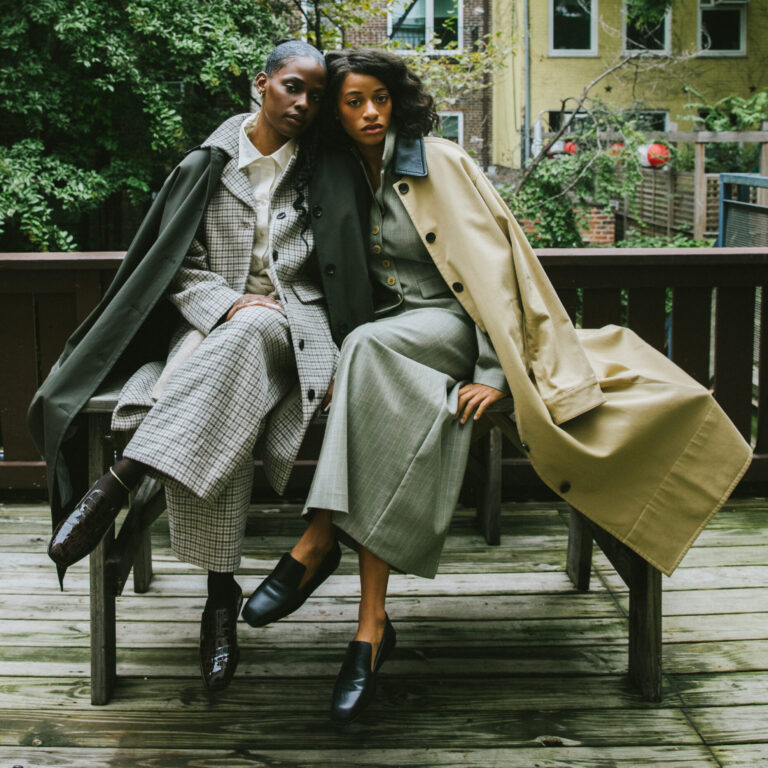
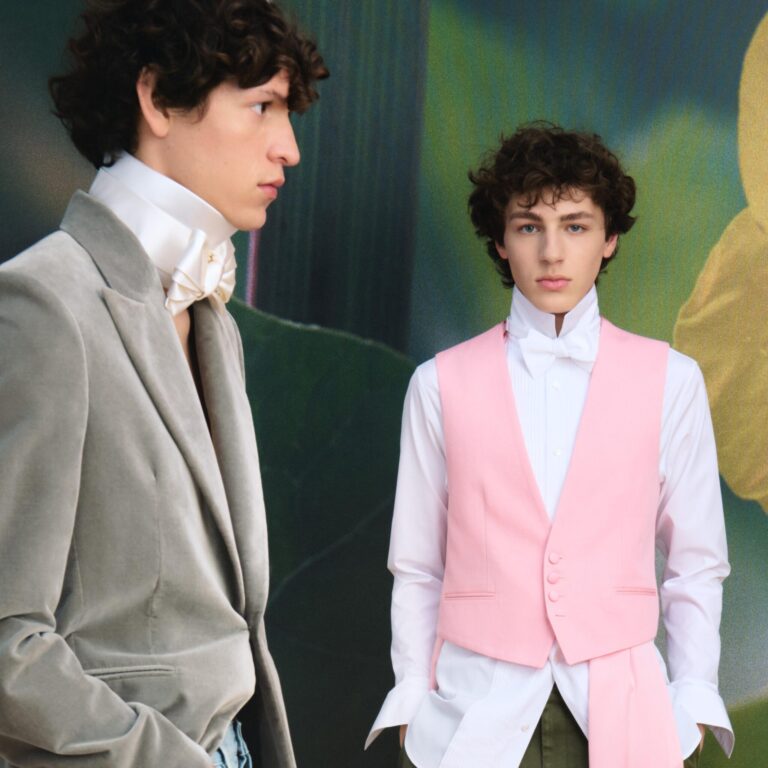
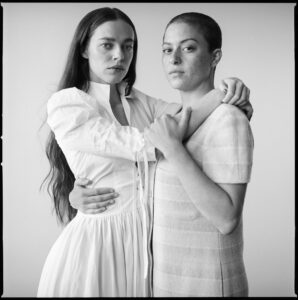
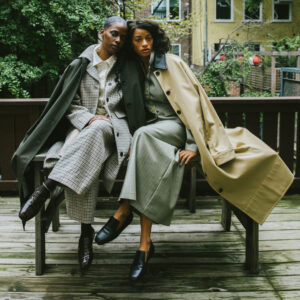
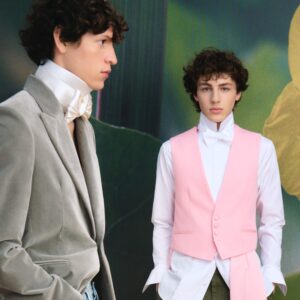



 in your life?
in your life?

